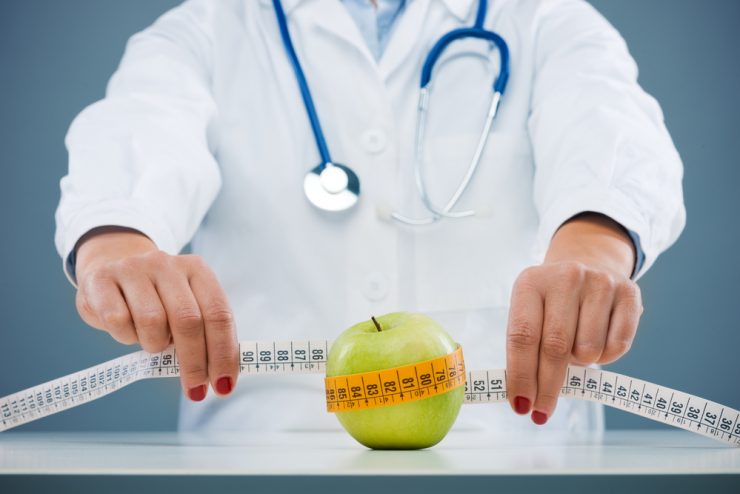Gallstones are stones formed by bile, which normally is a digestive fluid found in the gallbladder. Gallstones contain hardened fatty lumps as well, and also may form from calcium deposits. While some people may have tiny gallstones, it is possible for them to be the size of the entire gallbladder.
Because excess cholesterol directly contributes to the formation of gallstones, a poor diet can be a contributing factor. A high cholesterol diet may be the cause as well as diets containing too much refined carbohydrates, like cakes, white breads, and low-fibre cereals.
People with gallstones should eliminate fatty foods with high cholesterol content. It is especially important to reduce or eliminate fried foods and animal fats such as cheese, butter, and fatty meats. The recommended diet is low fat and high-fibre. Plenty of fruits, vegetables, and whole grains should be included. A particular food to try is the artichoke, which may stimulate the gallbladder and improve the liver’s function. Being overweight does increase the amount of cholesterol in the bile, and weight control should be a priority, but rapid weight loss is not recommended, as it can disrupt bile chemistry.
Magnesium may be helpful in reducing the risk of gallstones. Magnesium may be found in green leafy vegetables, whole grains, beans, nuts, and fish. Other supplements to consider are those that help the liver. One example is fenugreek, which is said to help protect and stimulate the liver. Dandelion, milk thistle, and lecithin are other herbal remedies to consider.











